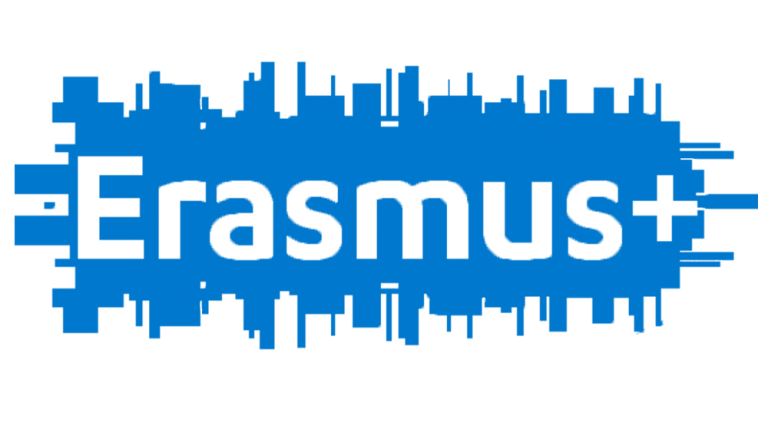
What is Erasmus+?
Erasmus+ is the EU’s programme to support education, training, youth and sport in Europe. Its budget of €14.7 billion will provide opportunities for over 4 million Europeans to study, train, and gain experience abroad.
Set to last until 2020, Erasmus+ doesn’t just have opportunities for students. Merging seven prior programmes, it has opportunities for a wide variety of individuals and organisations.
Detailed information on these opportunities, including eligibility criteria, is available in the Erasmus+ Programme Guide. An indicative funding guide for some centralised opportunities is also available.
Individuals
Organisations
Aims
The aim of Erasmus+ is to contribute to the Europe 2020 strategy for growth, jobs, social equity and inclusion, as well as the aims of ET2020, the EU’s strategic framework for education and training.
Erasmus+ also aims to promote the sustainable development of its partners in the field of higher education, and contribute to achieving the objectives of the EU Youth Strategy.
Specific issues tackled by the programme include:
- Reducing unemployment, especially among young people
- Promoting adult learning, especially for new skills and skills required by the labour market.
- Encouraging young people to take part in European democracy
- Supporting innovation, cooperation and reform
- Reducingearlyschoolleaving
- Promoting cooperation and mobility with the EU’s partner countries
Outcomes
The outcomes of Erasmus+ are available in reports and compendia of statistics, as well as through the Erasmus+ Projects Platform, which includes most of the initiatives funded by the programme, as well as a selection of good practices and success stories.
Statistics
Statistics on Erasmus+ are available from the statistics page.
Information on progress towards the ET2020 benchmarks is available from the Education and Training Monitor.
Progress towards the ET2020 benchmarks can also be seen through a series of interactive maps.
Similarly, information about the situation of young people in Europe can be found in the Youth Monitor.
Reports
The mid-term evaluation report of the Erasmus+ Programme (2014-2020) is available in 23 languages and builds on national reports submitted by the Programme countries, evaluation reports by an external independent contractor, other reviewed studies e.g. the Erasmus impact study of 2014, experience in managing the programme and over a million responses from all interested parties.
Following the completion of the Erasmus+ Programme in 2020, a final evaluation of the Programme will be conducted by the Commission.
Further information is available in the evaluation reports of the Erasmus+ Programme.
Check the website of the Publications Office of the European Union for more reports and studies on the Erasmus+ Programme.